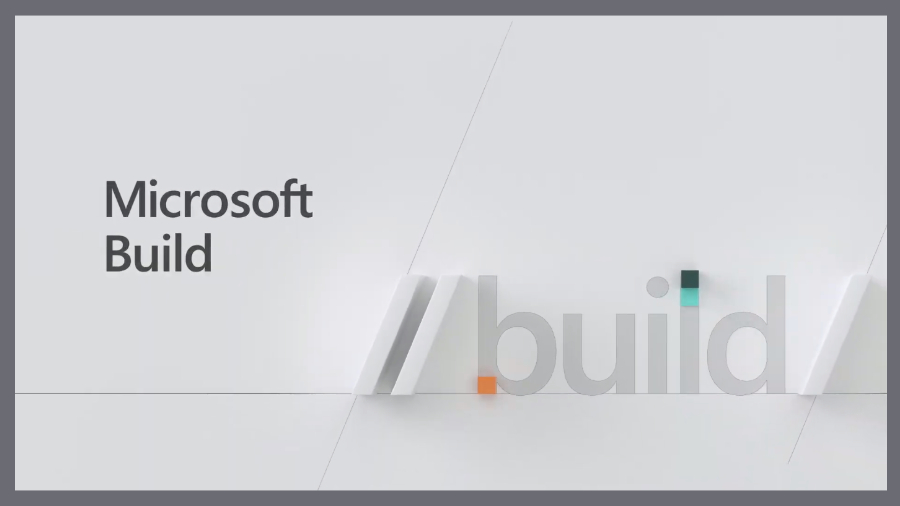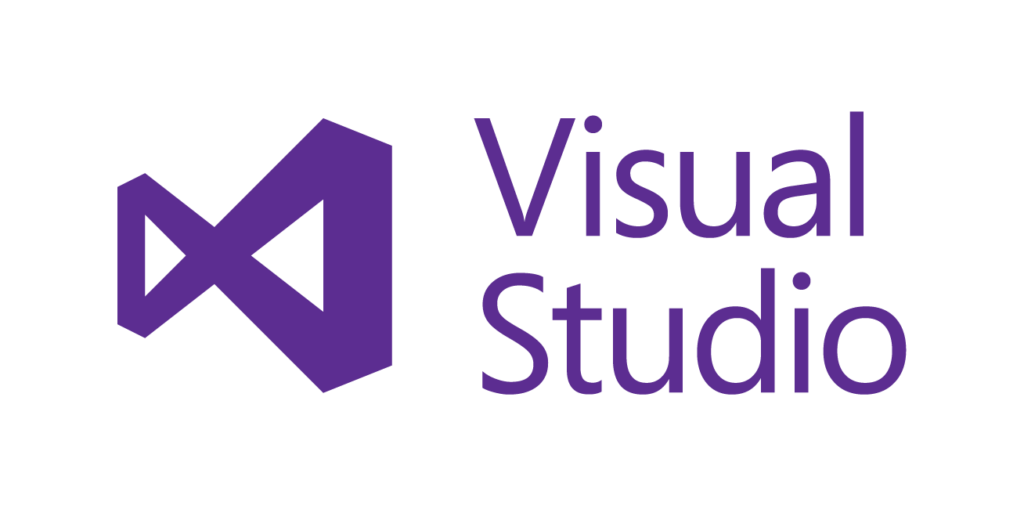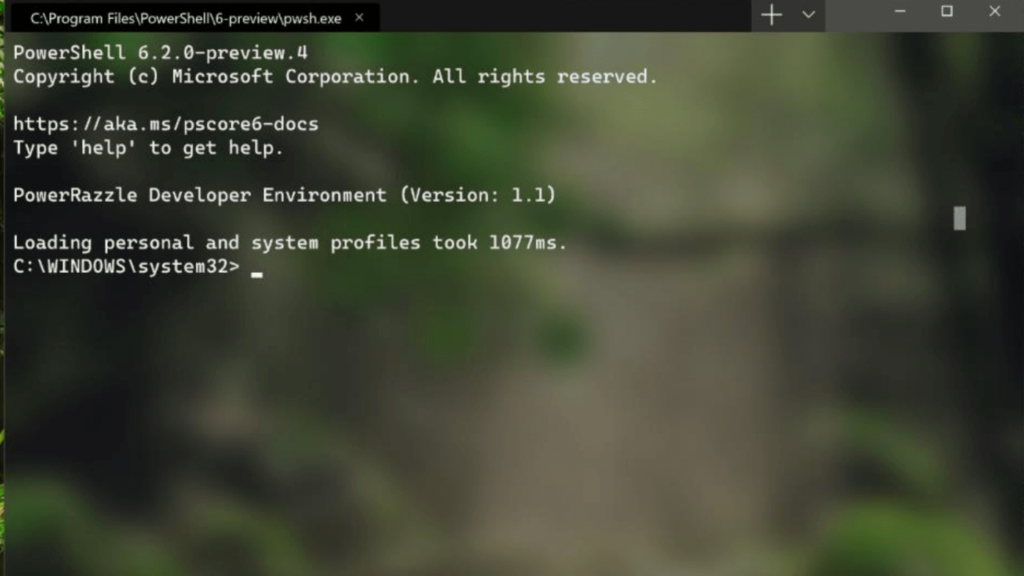Microsoft has announced a bunch of new features and services at the annual Build 2019 Developer Conference.
Besides the Windows 10 operating system, which obviously remains the center of attention, other important announcements were made such as the much awaited Chromium-based Internet Explorer browser, new Windows Terminal, an online code editor, open sourcing of development kits, and much more.
So let’s check out each of these announcements more closely —
Everything you need to know about Microsoft Build 2019
Visual Studio Online
Microsoft has launched ‘Visual Studio Online,’ a web-based code editor for developers to quickly edit code, review a pull request or join a Live Share session.
Visual Studio Online is based on Microsoft’s popular free and open-source desktop code editor, Visual Studio Code. And it is as an addition to Visual Studio and Visual Studio Code.
So, this online code editor will support all extensions that are currently supported by Visual Studio Code and this includes popular features like Visual Studio Code workspaces. It is to be noted that Visual Studio Online is currently available only in private preview.
New Windows Terminal
Microsoft has launched a new terminal for command-line users in Windows 10, dubbed Windows Terminal. This developer tool for Windows will be released in mid-June and will bring along shortcuts, tabs, and tear away windows, GPU-accelerated text rending — pretty much everything developers have been asking for a long while.
Windows Subsystem for Linux 2
Microsoft is here with the Windows Subsystem for Linux 2 based on Linux 4.19 LTS kernel. This is the same kernel that the Redmond giant uses for its Azure platform.
This is why Microsoft claims WSL 2 will reduce Linux boot time and RAM usage. Besides these, the other major features include better filesystem performance, native Docker support, etc.
However, the new WSL will be made available later this year.
Quantum Computing Developer Kit – Open Sourced
The fact that Microsoft has been working on quantum computing for a long time isn’t a new one. The company has already put in several efforts to boost quantum computing.
Be it the creation of Q#, a domain-specific programming language to write quantum codes or a compiler to compile quantum code written in Q# and a quantum simulator. All of these tools have been part of Microsoft’s Quantum Development kit.
Now, at Build 2019, Microsoft has announced that it is open sourcing its Quantum Development Kit for developers and its code will be available on GitHub.
Two tools in specific: Compiler for Q# and quantum simulators will be made available to developers as open source tools.
Open Source Voting Platform
Microsoft wants to change how voting takes place during elections. To make voting transparent and secure, Microsoft has announced ElectionGuard – an open source and free platform that will provide end-to-end verification of votes during elections.
Other benefits of this open source voting platform include opening results to third-party organizations and allowing voters to verify their votes using a cryptographic technique called “homomorphic encryption.”
The pilot programme for ElectionGuard SDK is expected to start around 2020.
Chromium-based Edge
The new Microsoft Edge comes with a redesigned home page. It will contain personalized news websites, recently opened documents and more. The new browser update adds options to maintain different levels of security while browsing online — Strict, Balanced and Unrestricted.
Strict security level allows no trackers whatsoever while Unrestricted allows all of them. Balanced privacy is a mix of both. In all three security settings, all malware is automatically blocked.
Furthermore, Microsoft introduced legacy support of Internet Explorer in the form of a special IE-mode and Collections. The Internet Explorer mode will allow users to access old websites without the switch to the Internet Explorer browser.
The Collections feature will boost online productivity by automatically formatting files, texts, and images into a neat window. Collections will also allow users to send a pre-formatted e-mail, chat message and a lot more with simple drag and drop.
Fluid Framework Concept
Microsoft also introduced the Fluid Framework concept, which is a powerful tool for team collaboration. Fluid Framework could be used to make real-time changes to the cloud, across multiple browsers. It was only showcased as a concept and will be released later this year on Microsoft 365 for developers.












